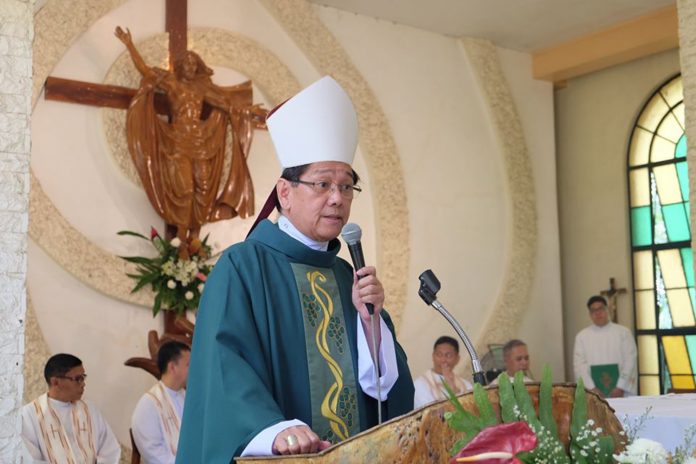The Diocese of Dumaguete this week expressed opposition to a government project that environmental activists said threatens the remaining marine ecosystems of the city.
A 174-hectare government reclamation project is supposed to pave the way for the construction of a “Smart City” in Dumaguete.
Environmental activists, however, said the project will affect four marine protected areas, including “more than 200 species of fish.”
Bishop Julito Cortes of Dumaguete said the community should have been consulted before the implementation of the project.
“This goes without saying that the technical processes involved have been found wanting … in as far as environmental and public interests are concerned,” said the prelate.
“We strongly believe that massive projects … must also consider scientific and environmental implications, not to mention its impacts on cultural and moral life of the people in the local community,” he added.
A study done by eight environmental scientists warned that the project “will directly destroy, literally bury, the few remaining coral reefs, seagrass and soft-sediment ecosystems that support small-scale fisheries” around Dumaguete.”
“About 60 percent of these fish species are relied upon by local fishers in Dumaguete for livelihood and subsistence,” read the group’s statement.
The scientists said the reclamation project will have a “direct and indirect” impact on the 104 hectares of the city’s four marine protected areas.”
The group said if the project is implemented, the city of Dumaguete “will renege on its commitment to do its part in marine conservation for the province, region, and country.”
The city government has already issued a Notice of Award to the project proponent on June 23.
The project aims to develop a “5G-equipped ‘Smart City’ island” with commercial and residential infrastructures.









